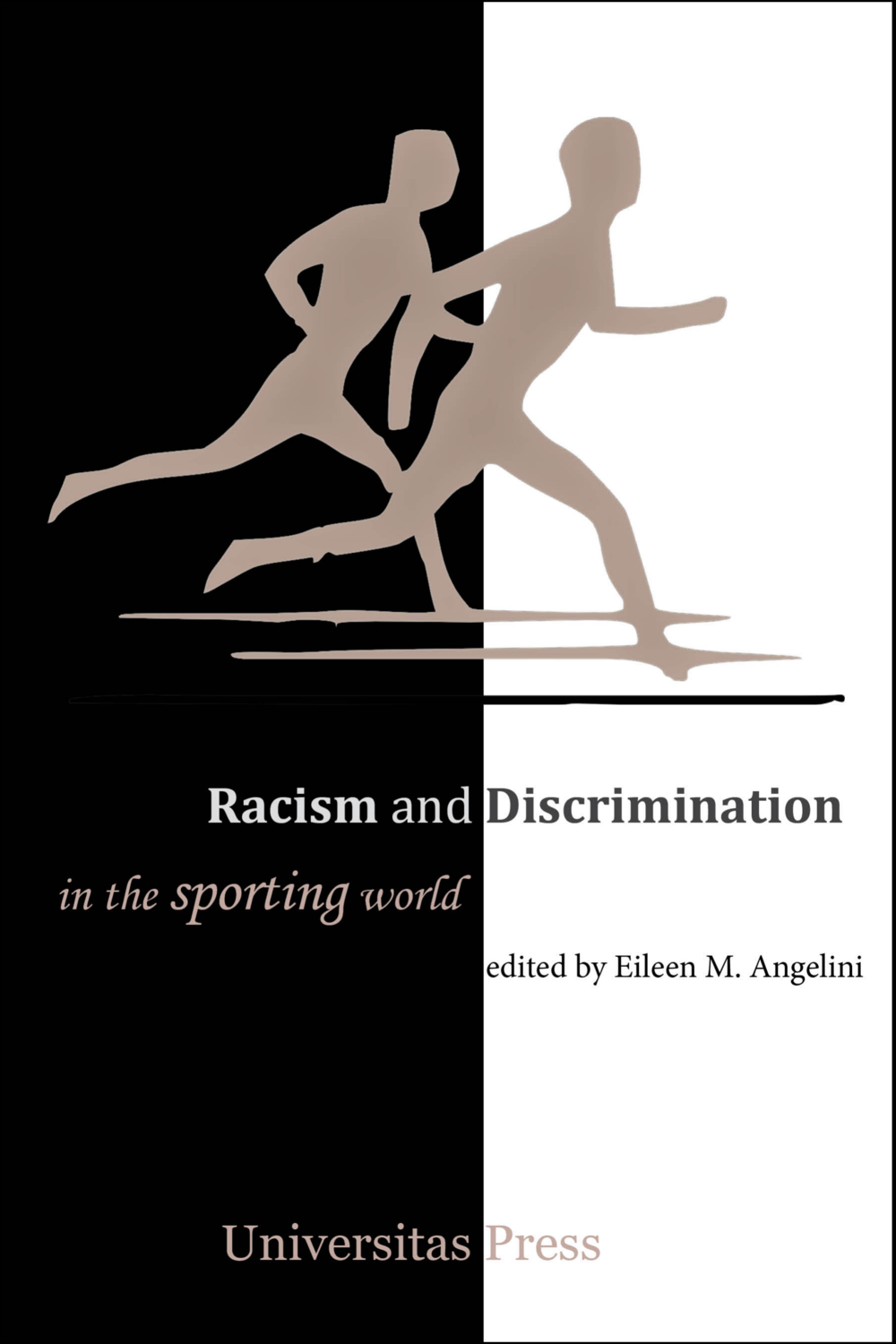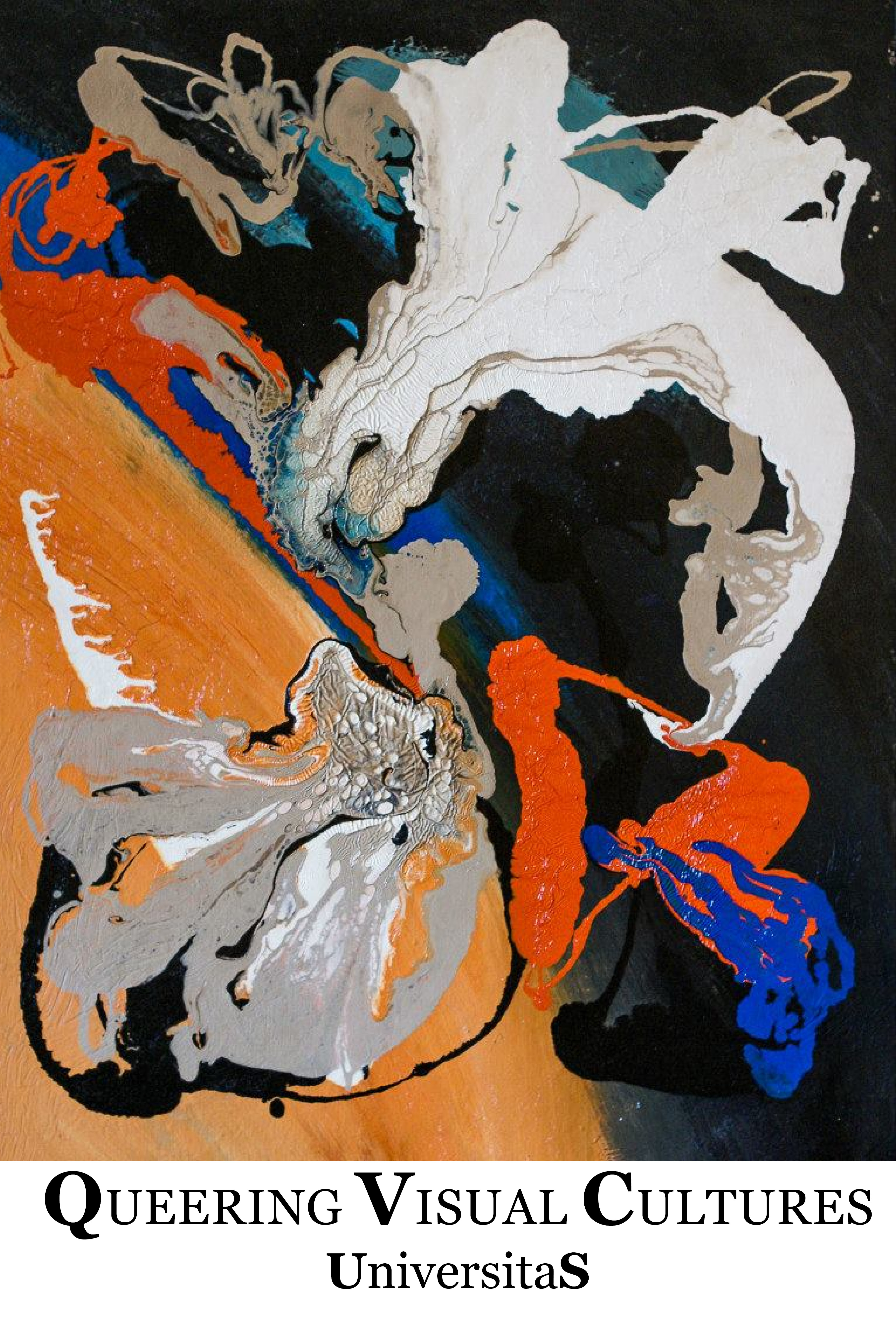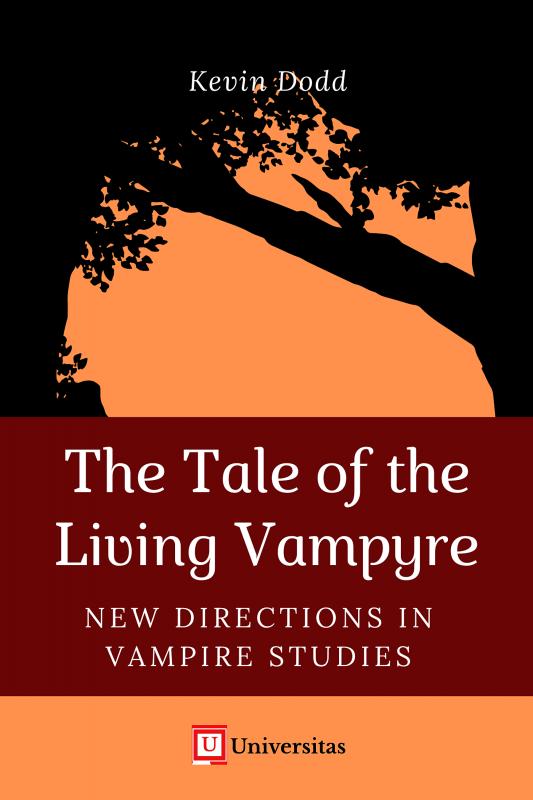Cultural Studies
OUR BOOKS, YOUR CLASSROOM
Books that consider various aspects of culture such as the construction of identity, the cultural or geographic Other, race and ethnicity, gender and sexual orientation and how they inform both past and present cultural products and their interaction with consumers. Collections of essays and monographs that use such approaches as the study of social representations and discourse analysis to (re)interpret cultural encounters between societies.

featured title
Editeb by C. Artenie and A. Szanter
240 pages, 6 x 9
Paperback
Release Date:16 Mar 2017
ISBN:9780995029187
The ubiquitous presence of the monstrous on screen evokes myriad interpretations. In certain cases, we love to love the monster. In others, we bond over mutual desire to see it conquered, vanquished. The inherent mutability of the monster provides us with endless opportunities to reimagine, reenvision, and reencounter these creatures. In its entirety, this volume endeavors to examine how 21st-century media presents and contends with the body and mind of the monster. What do they reveal about us culturally, individually, as a community? What can we learn from them?
We promise you the best reader experience



Our books are made for the college classroom. They have beautiful covers and layout, to entice students to read. The margins are slightly bigger, so students can take discreet notes. The paper, the fonts, the spacing between the lines create a flowing rhythm and encourage reading.
- Strong editorial matter: introductions and annotations that are reflective of current scholarship as well as editorial practices;
- Useful apparatus in our In the classroom series that guide instructors and students through the most important aspects of the period, author’s life, publications;
- Monographs and collections of essays that engage with issues upfront and that offer ways to understand the world, be it the past or the present.
Copyright © 2022 Universitas Press









